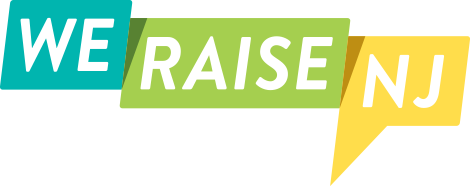
Where
This is an online event.Contact
We Raise New Jerseycontact-us@weraisenj.org
Getting to the Bottom of New Jersey's Digital Divide
Despite New Jersey’s strong standing nationally as an education leader, it has been hard to determine how many students are being left behind by the requirements of remote work. Our new background document summarizes what we know about the need to date. And aside from devices and connectivity, the educational community is still in the beginning stages of understanding students', families', and educators' familiarity with digital tools, educational platforms, and online conduct. WRNJ is exploring ways to prioritize digital literacy and citizenship to better support equitable hybrid and remote learning for the 21st century.
Please join us, along with our partners the African American Chamber of Commerce of NJ, Association of American Educators, and NJ Chamber of Commerce Foundation, for a panel discussion to explore the digital divide and what YOU, as state, business, and community leaders; non-profits; and local school districts, can do to make sure all students have the tools necessary to succeed with a 21st-century education.
Moderator: Amina Fazlullah, Digital Equity Counsel, Common Sense Media
Confirmed Panelists:
- Assemblyman Daniel R. Benson, New Jersey Legislature
- Commissioner Dianne Solomon, New Jersey Board of Public Utilities
- Hannah-Marie Kennedy, We Raise NJ/JerseyCAN Teacher Leader Policy Fellow
- Racheal Fosu, Founder and Board Chair, The Galileo Schools
- Rosie Grant, Executive Director, Paterson Education Fund
- Vincent DeLucia, Director/Educator in Residence, NJ School Boards Association
- Zackary Brown, We Raise NJ Youth Leadership Ambassador
We believe:
- Students need and deserve reliable and consistent access to online learning and social/emotional supports.
- Educators should be provided robust and relevant professional development and training to conduct engaging online learning.
- Families should have access to inclusive school/district-based support to build digital literacy and citizenship and to help troubleshoot technology issues.
- Business leaders need strong partnerships and support from state and municipal agencies to make targeted donations of hardware and thoughtful investments around the expansion of needed infrastructure.



